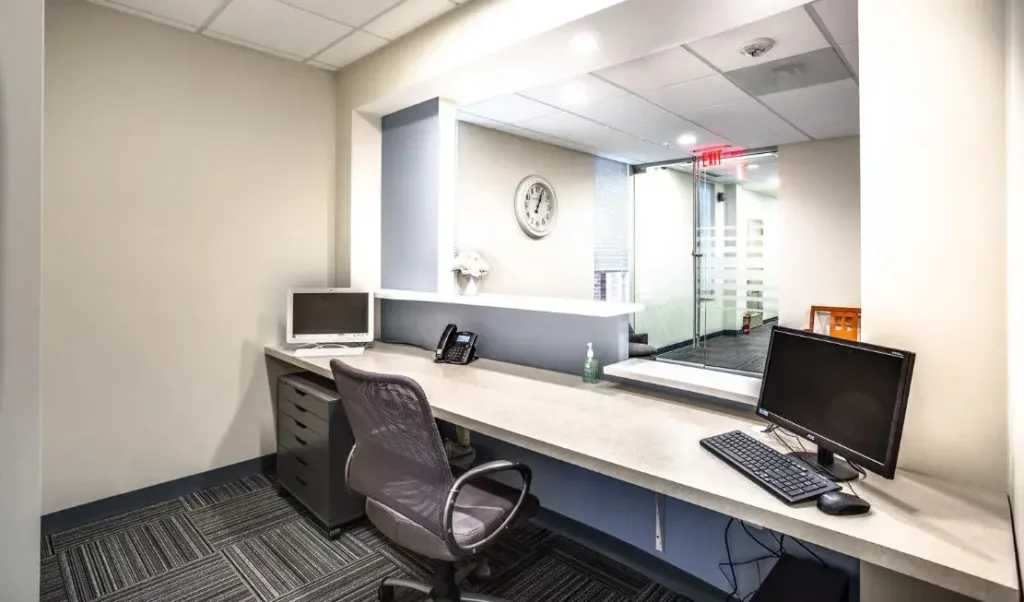Navigating the complexities of leasing medical office space in New York City demands a strategic approach, particularly in understanding the intricacies of commercial real estate within this highly competitive market. Key to this process is assessing your specific needs against the backdrop of the location’s accessibility and its potential for patient influx. Engaging with a seasoned real estate attorney who specializes in medical spaces can significantly tilt the scales in your favor. By mastering negotiation techniques that include flexible lease terms and cost-effective improvement allowances, medical professionals can secure a space that not only meets today’s standards but also accommodates future growth. The question then becomes, how can one leverage these strategies to achieve the most advantageous lease agreement?
Assessing Your Space Requirements
Determining the precise spatial needs of your medical practice is a critical first step in securing an optimal lease agreement for office space in New York City. Accurately assessing the size and layout required not only influences patient comfort and staff efficiency but also impacts your financial bottom line.
Consider the nature of your practice; a dermatologist might need different space configurations compared to a pediatric clinic. Factor in future growth projections to avoid frequent relocations or costly renovations.
Additionally, evaluate the necessity for private offices, reception areas, and waiting rooms that accommodate peak patient volumes. By thoroughly understanding these elements, you position your practice within a community of care providers, ensuring functional space that fosters a sense of belonging and efficiency.
Mastering Lease Negotiation Techniques
Mastering lease negotiation techniques is essential for securing favorable terms and protecting your interests when leasing medical office space in NYC. A successful negotiation results not only in cost savings but also in creating a partnership that fosters a supportive environment for your medical practice.
Consider these strategies:
- Understand Market Dynamics: Research current market trends and comparable leases.
- Flexibility in Terms: Aim for lease terms that accommodate future growth or unexpected needs.
- Legal Review: Always involve a lawyer experienced in commercial real estate to review agreements.
- Negotiate Tenant Improvements: Request modifications or improvements that tailor the space to your specific medical needs.
Read More:

